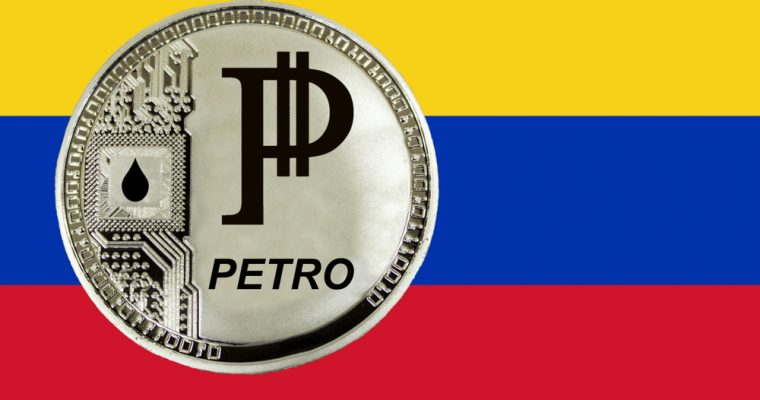Venezuelan cryptocurrency, the Petro, was launched in February. In mid-March, the US President Donald Trump declared a ban on American companies and citizens trading or investing in the Petro.
He issued an executive order because he believed that crypto trade was also part of the US sanctions that the Venezuelans were trying to work around.
The executive order clearly states that any backing i.e. purchase, sale or financing of a Venezuelan digital currency created after Jan. 9, 2018, is banned for all US citizens or for anyone within the country’s borders. It also includes any digital coin or token issued or created by Venezuela. That means, it bars not just the Petro but the any other form of cryptocurrency or crypto token as well.
Venezuela’s economy has been crumbling for a while. Thanks to hyperinflation and devaluation of the Venezuelan Bolivar–the country’s fiat currency.
Venezuelan President Nicolás Maduro launched the Petro to save his country’s economy. The country’s economy suffered greatly during the exponential slump in oil prices.
Venezuela is home to Latin America’s largest proven oil reserves. Oil exports comprise of about 96% of the total revenue from exports and it is only fitting that a token of Petro will be backed by a barrel of Venezuelan crude oil.
The Venezuelan government issued a statement against Trump’s executive order saying that it will continue to develop the blockchain technology and build “the most reliable cryptocurrencies in the world.”
Within Venezuela and without, Maduro is facing his share of criticism for creating the Petro. His critics say that the Venezuelan president supported the Petro in order to generate funds when the country was deep in foreign debt. The country didn’t have the $150 bn to pay off the debt to its foreign lenders, the critics say according to BBC News reports.
Sources:
http://www.bbc.com/news/world-us-canada-43466465






What are the Most secure Ripple wallets?